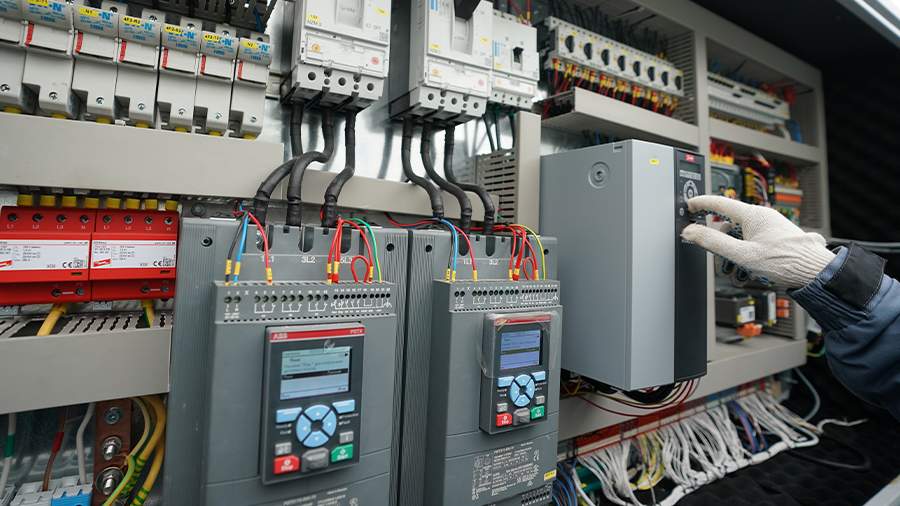Floating data centers may appear in Russia

A floating data processing center (DPC) project is being developed in Russia, the press service of the National Technology Initiative (NTI) told Izvestia. Such data centers are deployed faster than ground-based ones and 20-30% cheaper to build.
The authors of the project noted that during the construction and operation of ground-based data centers, problems arise that can lead to a complete abandonment of construction.: These are the lack of land that meets the requirements, its high cost, remoteness of the area, high electricity tariffs, high costs of cooling the data center, and others. In Russia, this is especially true in the Arctic zone, Siberia and the Far East.
Also, due to natural disasters, terrorist attacks and military conflicts, the data center may be destroyed, damaged or irretrievably lost, experts said. At the same time, it is necessary to build new data centers due to the fact that the volume of digital data is constantly growing.
The NTI emphasized that floating data centers can solve problems. This is a non-self-propelled or self-propelled vessel (barge, platform) with a data center located on it.
"The floating data center moves by waterways to its destination. Water overboard can be used for cooling, and conventional land—based, as well as autonomous (for example, mini nuclear power plants) floating power units can be used as sources of electricity," the press service explained.
Among the advantages of floating data centers are the rapid change of location and jurisdiction of data, simple and fast deployment, use in projects of short-term or requiring a change of location, natural water cooling with seawater; data processing as close as possible to the place of their origin and consumption. Such floating data centers can also be combined into ensembles. You can manage a single data center or an ensemble using a special software platform for data orchestration and infrastructure management.
The authors of the initiative have begun sketching a floating data center and selecting technologies, searching for interested parties and sources of financing.
"Now we do all the design and other work on our own. To activate and fully launch the project, it is necessary to attract external investors," said Natalia Kurbatova, project Manager.
Customers of floating data centers in Russia can be state corporations, ministries and departments, large companies with big data, as well as foreign countries that have water transport resources and restrictions on the construction of land-based data centers.
According to the authors, floating data centers can become part of the infrastructure of the Northern Sea Route, act as mining farms in regions with low electricity costs and underutilized power plants, become a data storage and processing base in tandem with a fleet of marine UAVs or a fleet of unmanned vessels to perform tasks on the water and coastal areas: from collecting data for navigation to searching for people in water.
"The result is the strengthening of Russia's technological sovereignty in the field of storing and processing large amounts of digital data, including those that are critically important to the state," Kurbatova concluded.
Earlier, on March 20, Chairman of the Accounts Chamber Boris Kovalchuk said that the Russian Joint Venture in 2025 will continue to analyze the issues of Russia's achievement of technological sovereignty. He noted that in 2024, serious attention was also paid to the modernization of the Russian economy.
Переведено сервисом «Яндекс Переводчик»

